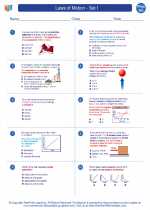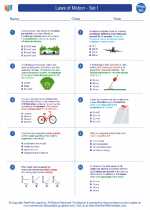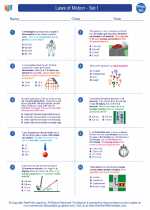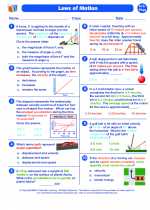Egyptian Civilization
Egyptian civilization is one of the oldest and most enduring in world history. It emerged around 3100 BCE and lasted for over 3000 years, making it one of the longest-lasting civilizations. The civilization was characterized by its advanced culture, technology, and social organization.
Key Aspects of Egyptian Civilization
- Geography: The civilization developed along the Nile River, which provided fertile land for agriculture and transportation.
- Government and Society: Egypt was ruled by pharaohs who were considered divine rulers. The society was organized hierarchically, with the pharaoh at the top, followed by nobles, scribes, artisans, and peasants.
- Religion: The ancient Egyptians had a complex polytheistic religion, with a pantheon of gods and goddesses. They believed in the afterlife and developed elaborate burial practices, including the construction of pyramids and tombs.
- Art and Architecture: The Egyptians were renowned for their monumental architecture, such as the Great Pyramids at Giza, as well as their intricate art, including hieroglyphic writing and symbolic imagery.
- Technology and Science: The civilization made significant advancements in fields such as medicine, astronomy, and mathematics. They developed techniques for mummification and built impressive structures using engineering knowledge.
Study Guide
To understand Egyptian civilization, it's important to explore the following topics:
- Geography of Egypt and the role of the Nile River in shaping the civilization.
- The role of pharaohs in Egyptian society and the concept of divine kingship.
- An exploration of Egyptian religious beliefs, including the afterlife, burial practices, and the pantheon of gods and goddesses.
- Analysis of major architectural achievements, such as the pyramids, temples, and tombs, and their significance in Egyptian culture.
- Study of advancements in Egyptian technology and science, including medicine, astronomy, and engineering.
Further Research
For further exploration of Egyptian civilization, consider researching specific pharaohs, iconic monuments, daily life in ancient Egypt, and the legacy of Egyptian culture on the modern world.
[Egyptian Civilization] Related Worksheets and Study Guides:
.◂Physics Worksheets and Study Guides High School. Laws of Motion - Set I
Worksheet/Answer key Laws of Motion - Set I
Laws of Motion - Set I  Worksheet/Answer key
Worksheet/Answer key Laws of Motion - Set I
Laws of Motion - Set I  Worksheet/Answer key
Worksheet/Answer key Laws of Motion - Set I
Laws of Motion - Set I  Worksheet/Answer key
Worksheet/Answer key Laws of Motion - Set I
Laws of Motion - Set I 

 Worksheet/Answer key
Worksheet/Answer key
 Worksheet/Answer key
Worksheet/Answer key
 Worksheet/Answer key
Worksheet/Answer key

The resources above cover the following skills:
PHYSICAL SCIENCE (NGSS)
Energy
Students who demonstrate understanding can:
Develop and use models to illustrate that energy at the macroscopic scale can be accounted for as either motions of particles or energy stored in fields.